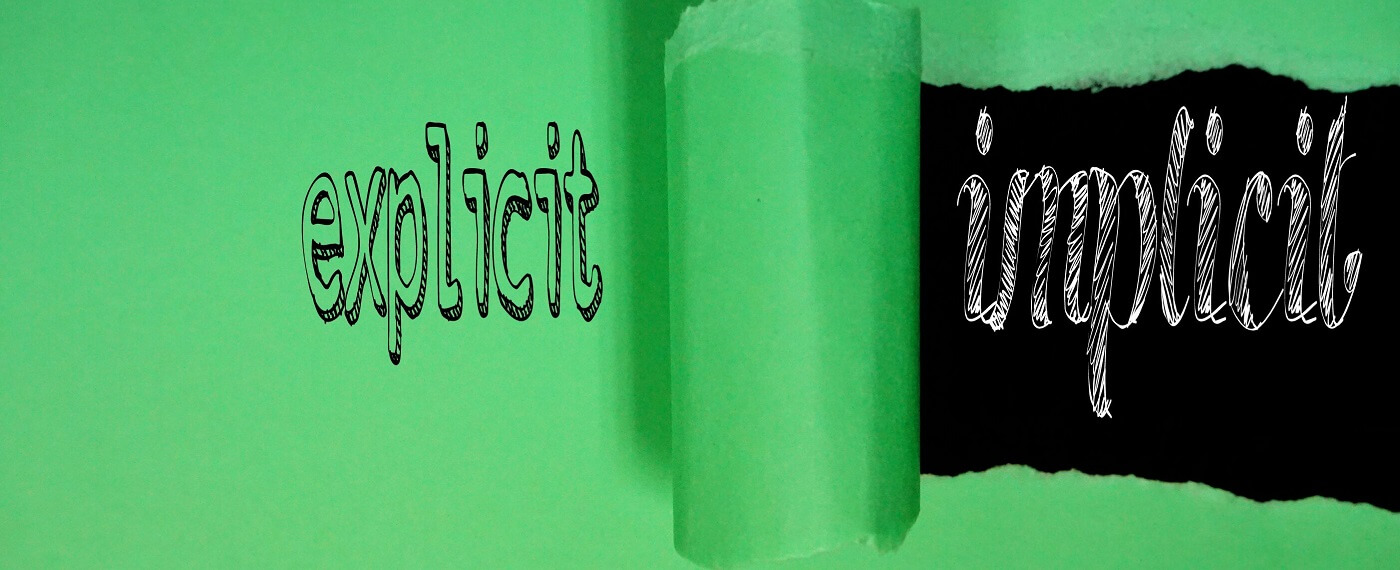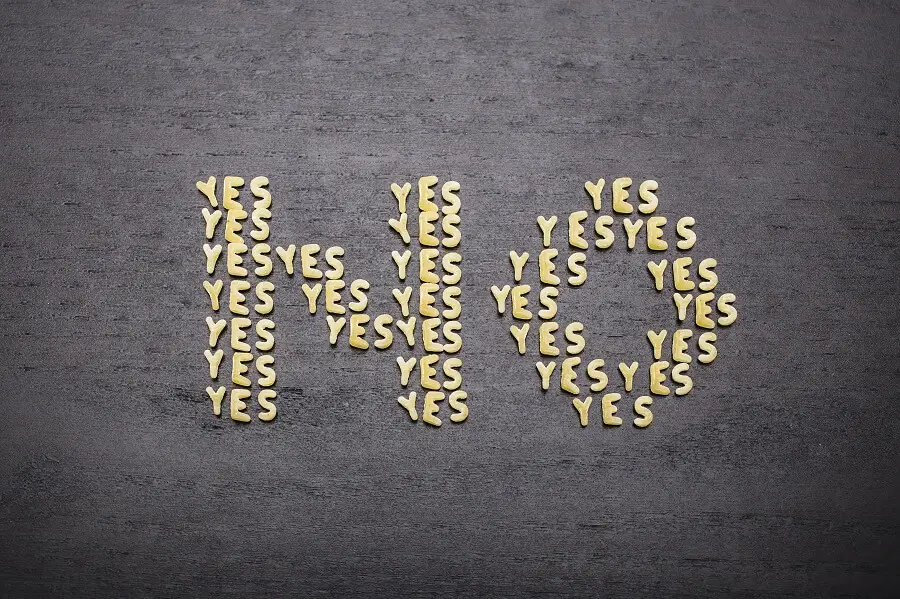
Memory Arrangements: Implicit vs. Explicit Memory
Table of Contents
Can you ride a bike?
You probably can, and in that case you have no problem answering “yes” to the above question. You know that you can ride a bike.
How does one ride a bike?
Suddenly it gets harder. Now, do not think about answering that you “sit up on the saddle and step on the pedals while steering with the handlebars”. If a person who has never seen a bicycle before were to follow these instructions, he or she would fall over after only a few meters. Then you may want to add that “you also have to keep your balance by carefully moving your body with small lateral movements”, but this would also lead to an imminent crash for your bicycle-unfamiliar friend.
I have, of course, no doubt that you really can ride a bike. But perhaps it is rather “you” in the form of your subconscious than “you” as in “your conscious you” who can do it. A part of your brain knows exactly how to go about it, but it is not the part that you can consciously access or that you “think thoughts” with.
How is an explicit memory different from an implicit memory?
This brings us to the very exciting division of long-term memory into implicit and explicit memories. Behind the scene to remember things.
Implicit memories are, just like the ability to ride a bike, unconscious knowledge that our consciousness does not have direct access to. These kinds of memories we do not have to consciously “fetch” to benefit from. In the same way that you can ride a bike, you can surely tie your shoes without being able to describe exactly how the knot is done or type on your keyboard without being able to immediately tell me where the key with the letter “i” is. These aspects are part of learning and memory.

A variant of the latter example is when you get to the cashier of your local grocery store and enter your PIN code completely without thinking about any numbers at all. It can go so far that you may not even be aware of the actual code anymore. This happened to my girlfriend when she was in South Africa. She began to think about what her code actually was and then discovered that she had forgotten it, which resulted in her entering the wrong code three times and then standing there on the other side of the earth with a blocked credit card and no cash.
It may feel like the code in this case is in your fingers. We usually call it “muscle memory”. Of course, muscle memory, as all memory, resides in the brain. But it does seem to be stored in a different way than memories such as “Canberra is the capital of Australia” (known as declarative memories). The latter you could learn pretty well but still forget after a few weeks while you, once you have figured out how to ride a bike, will probably be able to do it for the rest of your life.
Implicit and Explicit Memories
Implicit memories do not have to do only with muscle movements. Think, for example, about grammar. Ever since you were just a few years old, you have probably had full control of how the grammar in your mother tongue should be used. You know what’s correct, even though you may not be able to explain in words the complex rules behind why it is so. The knowledge is built into your language system without you being able to explicitly express it.
Some people suffer from a kind of amnesia that makes it so that they do not seem to be able to create new memories. If you tell them that your name is Johnny and you are a world champion in hot dog eating and a few minutes later ask if they remember who you are and what you do, they will not have the faintest idea. If you dig a little into it, however, it seems that these persons still have access to their implicit memories.

You have probably seen the famous puzzle Tower of Hanoi before. It involves moving tiles between three pegs until you have moved the entire “tower” from the first peg to the last. After practicing for a while, the brain implicitly learns what is a good strategy and what is not, and after a while you can solve the problem much faster than on the first try. When researchers let the amnesia patients do this puzzle, it turned out that they got better as fast as people with a well-functioning memory and that this improvement also was present when they were tried on later occasions.
So it seems that implicit memories are really something essentially different from explicit ones. This huge subconscious system of memories is of course a very exciting field for memory researchers. And there is much more to be discovered.